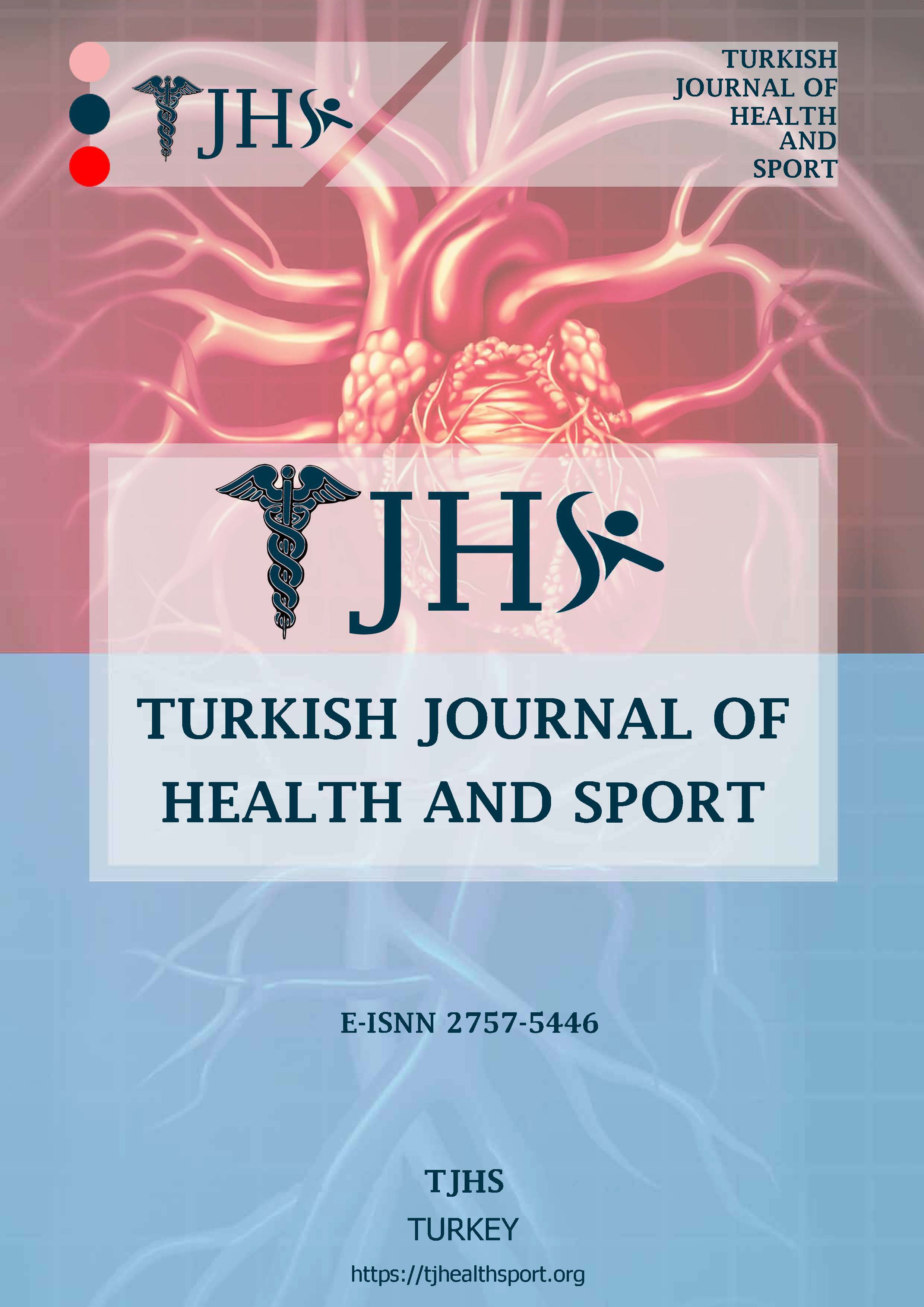Author :
Abstract
Amaç: Tip D kişilik, bireyin genel psikolojik bozukluklarla yaşam kalitesinin azalmasına ve çeşitli hastalıklara karşı savunmasız kalmasına neden olur. Tip D kişiliğe sahip öğrencilerin Temporomandibular Eklem bozukluklarından (TMB) daha fazla etkileneceği ve diğerlerine göre daha fazla sağlık sorunları yaşayacakları varsayılabilir. Bu anket çalışmasında tip D kişiliklere sahip tıp ve diş hekimliği öğrencilerinde temporomandibular eklem (TME) bulgularını değerlendirmek amaçlanmıştır.
Gereç ve Yöntem: Araştırma anketi, Süleyman Demirel Üniversitesi Tıp Fakültesi ve Süleyman Demirel Üniversitesi Diş Hekimliği Fakültesi’nde öğrenim gören toplam 409 öğrenciye uygulandı.
Bulgular: Diş hekimliği fakültesinde erkek öğrencilerde baş ağrısı ve çiğneme sırasında kaslarda sıkışma hissi- ağrı oluşumunda D tipi kişiliğe sahip öğrenciler ve D tipi kişiliğe sahip olmayan öğrenciler arasında anlamlı farklılık gözlendi. Tıp fakültesinde erkek öğrencilerde ağız açmada kısıtlılık bulgusunda D tipi kişiliğe sahip olan öğrenciler ve D tipi kişiliğe sahip olmayan öğrenciler arasında anlamlı farklılık tespit edildi. Tıp fakültesinde kadın öğrencilerde çiğneme sırasında kaslarda sıkışma hissi- ağrı oluşumu ve ağız açmada kısıtlılık bulgularında D tipi kişiliğe sahip olanlar ve D tipi kişiliğe sahip olmayanlar arasında anlamlı farklılık tespit edildi. Tıp fakültesi öğrencileri ve diş hekimliği fakültesi öğrencileri arasında TMB bulguları açısından anlamlı farklılık gözlenmedi. Tıp fakültesi öğrencilerinde TMB bulguları D tipi kişiliğe sahip olmayan öğrencilerde daha yüksek tespit edildi. Diş hekimliği fakültesindeki öğrencilerde ağız açmada kısıtlılık ve çiğneme sırasında kaslarda sıkışma hissi- ağrı oluşumu bulguları D tipi kişiliğe sahip bireylerde daha yüksek tespit edildi.
Keywords
Abstract
Purpose: Type D personality causes the individual to have general psychological disorders, decrease their quality of life, and become vulnerable to various diseases. It can be assumed that students with Type D personality will be more affected by Temporomandibular Joint disorders (TMD) and will experience more health problems than others. This survey study aimed to evaluate temporomandibular joint (TMJ) findings in medical and dentistry students with type D personalities.
Materials and Methods: The research survey was applied to a total of 409 students studying at Süleyman Demirel University Faculty of Medicine and Süleyman Demirel University Faculty of Dentistry.
Results: A significant difference was observed between students with type D personality and students without type D personality in the occurence of headache and muscle tightness- pain during chewing in male students at the faculty of dentistry. A significant difference was detected between students with type D personality and students without type D personality in the finding of limitation in mouth opening in male students at medical school. A significant difference was detected between female students at the medical faculty and those with type D personality and those without type D personality in the findings of muscle tightness and pain during chewing and limitation in opening the mouth. No significant difference was observed between medical faculty students and dentistry faculty students in terms of TMD findings. Among medical school students, TMD findings were found to be higher in students who did not have type D personality. Among students at the faculty of dentistry, finding such as limitation in opening the mouth and feeling of muscle tightness and pain during chewing were detected to be higher in individuals with type D personality.
